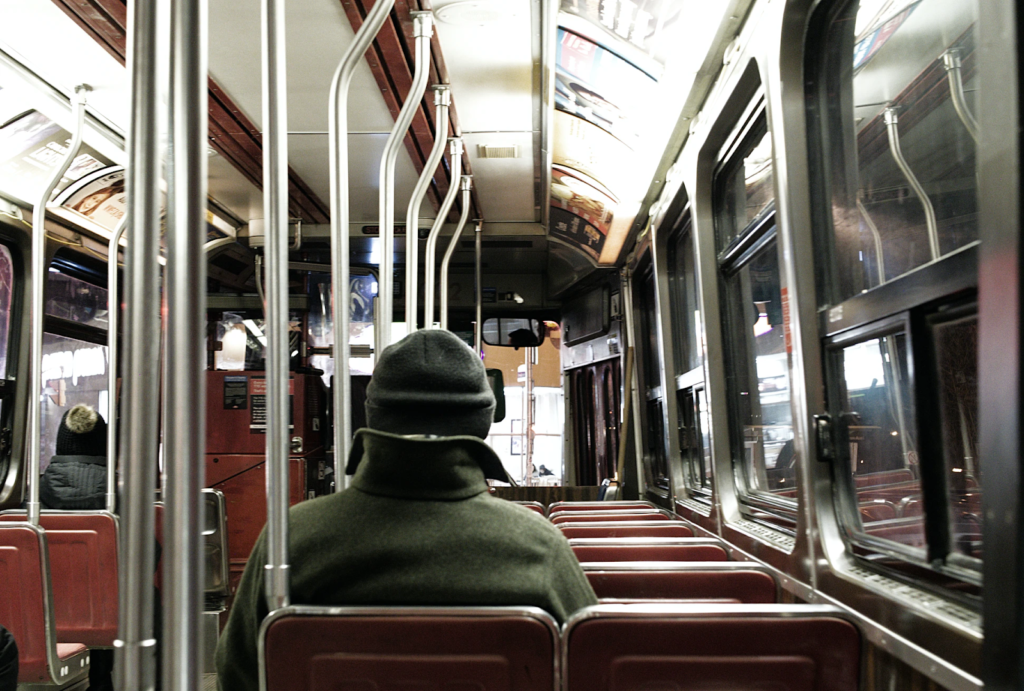Planners looking at new fare collections systems; new contract could be awarded in 2024

The Toronto Transit Commission might be implementing a new fare collection system as early as 2027 to replace Presto, according to a statement issued on Wednesday.
The TTC has continued to work with Metrolinx to ensure requirements for open payment and device refresh are integrated into Presto’s 2022 re-procurement.
The TTC’s agreement with Metrolinx is set to end as early as 2027, and staff are taking steps now to be prepared to operate a fare system other than Presto. Preparations would need to begin as early as 2022 if a new fare system is created.
The first step now underway is to complete a request for information (RFI) as part of the Fare Policy and Collection Strategy. The TTC said in the statement peer reviews are being conducted to understand fare collection systems, system operations, and business models.
“These learnings will be used to inform the final Fare Policy and Collection Strategy, to be completed at the end of 2021,” said the TTC. “Once completed, the TTC would issue a comprehensive RFI, developed with the requirements and direction provided from the Collection Strategy.”
Regular reporting to the TTC board for information and direction will happen over the next six years.
The TTC will look to award the new contract by 2024. There would be a three-year waiting period leading up to the end of the TTC’s agreement with Metrolinx.
The TTC and Metrolinx signed off on the Presto fare card system in 2012. People were no longer able to buy tickets, tokens, and passes at transit stations in Toronto in 2019.
The TTC has since installed card readers and fare gates across the transit system, implemented fare vending machines, and introduced a Presto app.
This transit agency said in 2019 that performance issues with the fare system have contributed to major delays. While much had been accomplished in 2019, there were gaps preventing this transit agency from a full migration to Presto.
The COVID-19 pandemic has contributed to the TTC including a recovery response when it comes to creating the Fare Policy and Collection Strategy.
Ridership levels at the TTC reached an all-time low due to the COVID-19 pandemic in 2020. State of emergency declarations and safety measures to address the pandemic have affected travel needs and people’s perceptions of taking public transit. The TTC will be examining the changing needs and behaviours of people during and after the pandemic.
Shelagh Pizey-Allen, the executive director at TTC Riders, said there are changes that can be made to improve Presto.
“For one thing, Presto cards should be free,” said Pizey-Allen. “Another way that Presto has made transit less accessible is that Metrolinx signed an exclusive distribution agreement with Loblaws, which means that you can only buy a Presto card or tickets at a subway station or at a Shoppers Drug Mart.”
Pizey-Allen said many people do not live within walking distance of a subway station or Shoppers. This requirement has created barriers for those who do not have online banking to reload their Presto cards.
